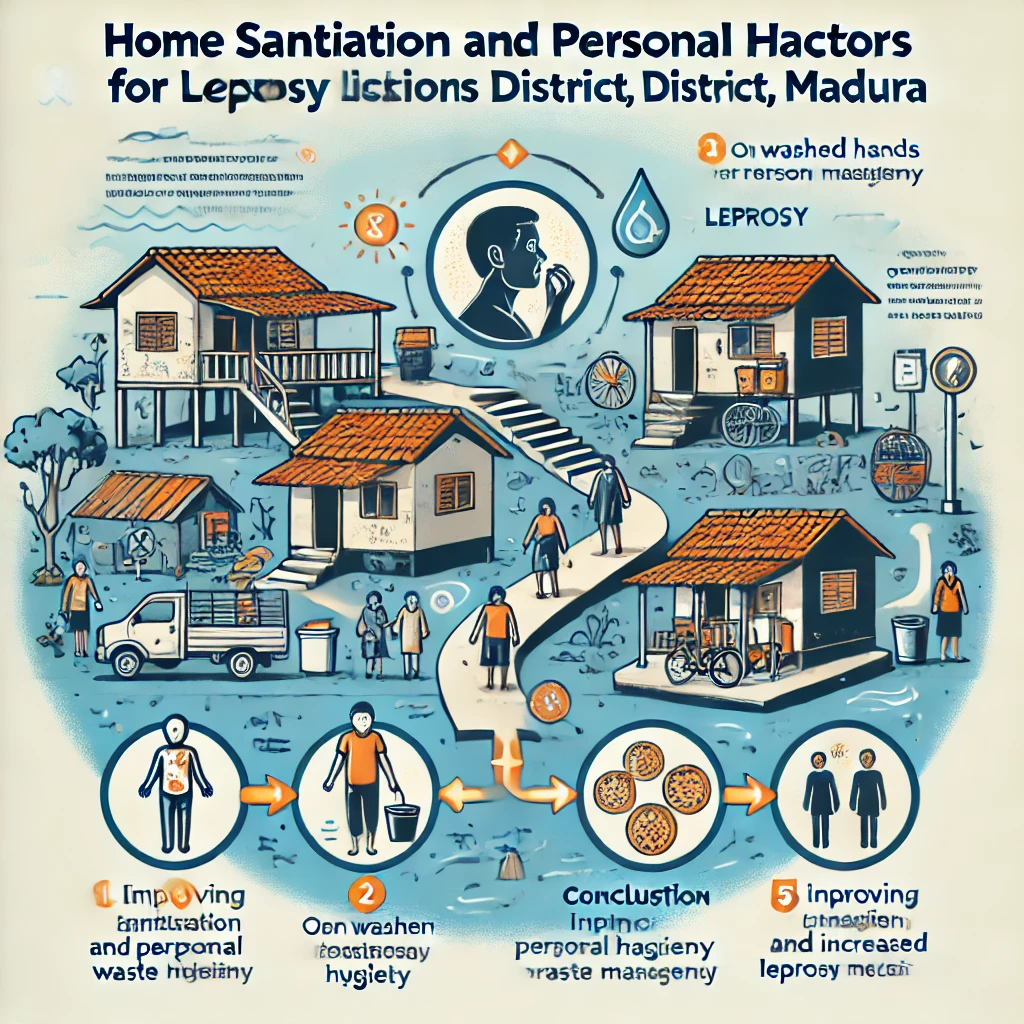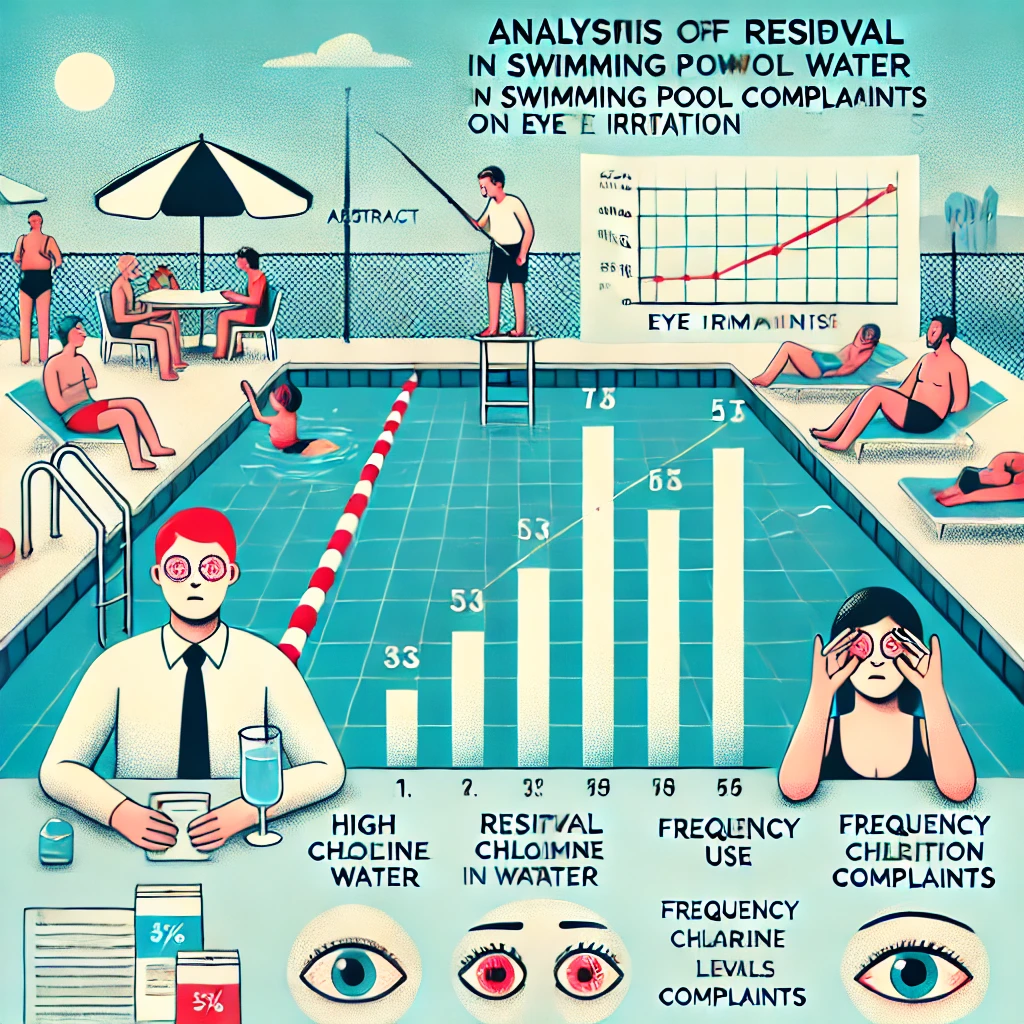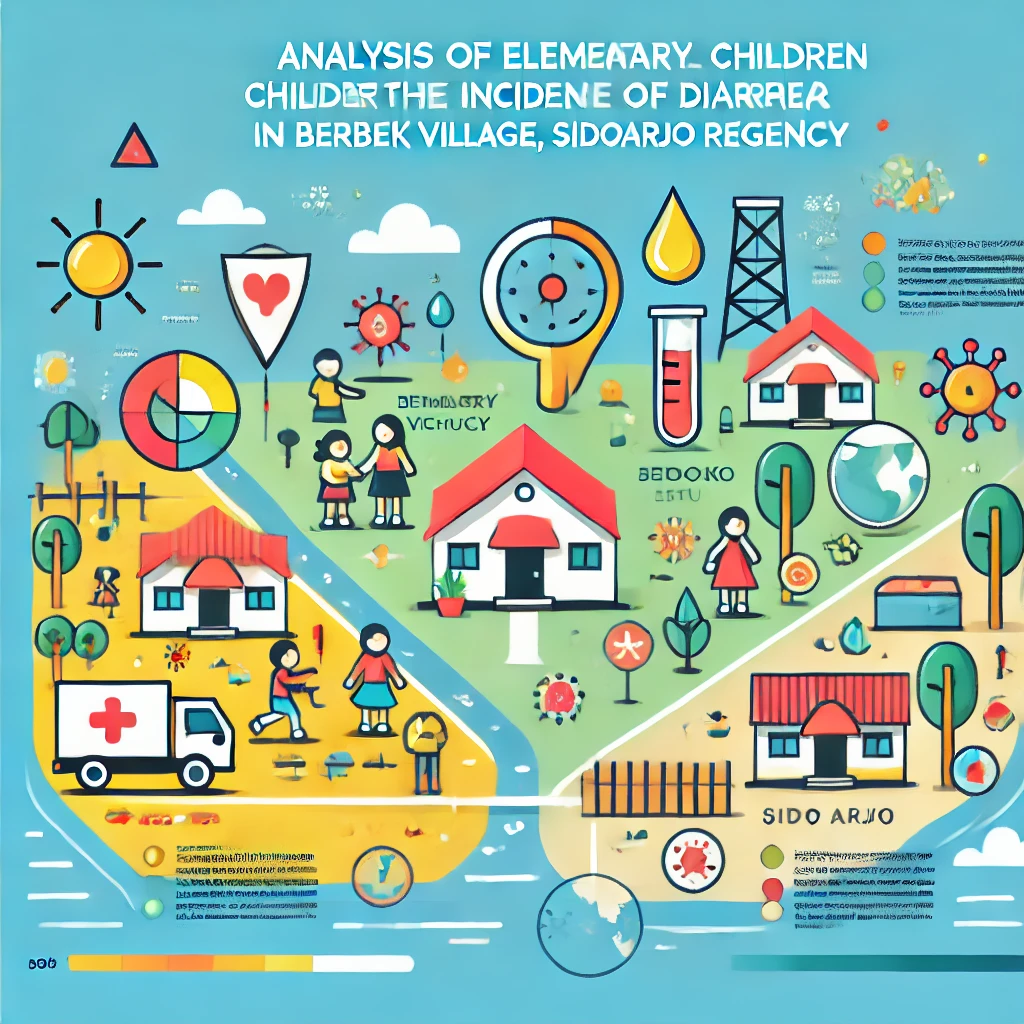Publication Ethics
In our efforts to advance public health research and development, "Public Health Research Development" is committed to upholding the highest ethical standards in all aspects of scientific publication. Here are the publication ethics principles and policies that we implement to ensure integrity, honesty, and transparency in the publishing process:
Editor Responsibilities
- Publication Decision: The editor is responsible for deciding which articles will be published in the journal. This decision is based on the validation of the work and its relevance to readers and researchers. Editors are guided by editorial policies and are bound by legal requirements regarding defamation, copyright infringement, and plagiarism.
- Honesty and Fairness: Editors should evaluate manuscripts for their intellectual content without regard to the authors' race, gender, sexual orientation, religious beliefs, ethnic origin, nationality, or political philosophy.
- Confidentiality: Editors and editorial staff should not disclose any information about a submitted manuscript to anyone other than the author, reviewers, potential reviewers, other editorial advisors, and the publisher as appropriate.
- Disclosure and Conflict of Interest: Editors will not use unpublished material disclosed in submitted manuscripts for their own research without the written consent of the authors.
Author Responsibility
- Reporting Standards: Authors should present an accurate report of the work performed as well as an objective discussion of its significance. Basic data must be accurately represented in the manuscript. Fraud or inaccurate representation of a work is unethical and unacceptable behavior.
- Access and Data Retention: Authors are requested to provide raw data related to manuscripts for editorial review, and should be prepared to provide public access to such data (in accordance with the ALPSP-STM Statement on Data and Databases), where possible, and in any case should be prepared to retain such data for a reasonable time after publication.
- Originality and Plagiarism: Authors must ensure that they have written a completely original piece of work, and if authors have used the work and/or words of others, this must be cited or quoted appropriately.
- Multiple, Redundant, or Concurrent Publications: An author should not, in general, publish a manuscript describing essentially the same research in more than one journal or major publication. Submitting the same manuscript to more than one journal simultaneously constitutes unethical and unacceptable publication behavior..
- Source Acknowledgment: Proper acknowledgment of the work of others should always be given. Authors should cite publications that were influential in determining the nature of the reported work.
- Authorship of Papers: Authorship should be limited to those who have made significant contributions to the conception, design, conduct, or interpretation of the reported study. All those who have made significant contributions should be listed as co-authors. If any other person has participated in a particular aspect of the research project, they should be acknowledged or listed as a contributor.
- Disclosure and Conflict of Interest: All authors must disclose in their manuscript any financial or other substantive conflicts of interest that might be construed to influence the results or interpretation of their manuscript. All sources of financial support for the project must be disclosed.
- Significant Errors in Published Work: When an author discovers significant errors or inaccuracies in their own published work, it is the author's obligation to immediately notify the journal editor or publisher and work with the editor to retract or correct the paper.
Reviewer Responsibilities
- Contribution to Editorial Decisions: Peer review helps editors in making editorial decisions and through editorial communication with authors can help authors in improving the quality of the manuscript.
- Rapidity: Any reviewer who feels unqualified to review the research reported in the manuscript or knows that expeditious review is not possible should notify the editor and withdraw from the review process.
- Confidentiality: Any manuscript accepted for review should be treated as a confidential document. Manuscripts should not be shown or discussed with others unless authorized by the editor.
- Standards of Objectivity: The review should be conducted objectively. Personal criticism of the author is inappropriate. Reviewers should express their views clearly with supporting arguments.
- Acknowledgment of Sources: Reviewers should identify relevant published works that have not been cited by the authors. Any statements that constitute previously reported observations, derivations or arguments should be accompanied by relevant citations. A reviewer should also inform the editor of any substantial similarity or overlap between the manuscript under consideration and other published papers of which they are personally aware.
- Disclosure and Conflict of Interest: Information or ideas obtained through peer review should be kept confidential and not used for personal gain. Reviewers should not review manuscripts in which they have a conflict of interest resulting from a competitive, collaborative, or other relationship or connection with any of the authors, companies, or institutions associated with the paper.




















